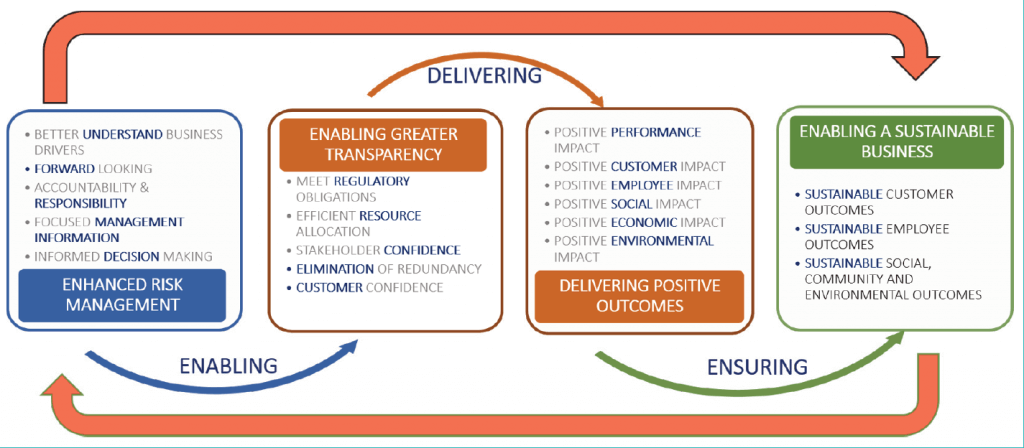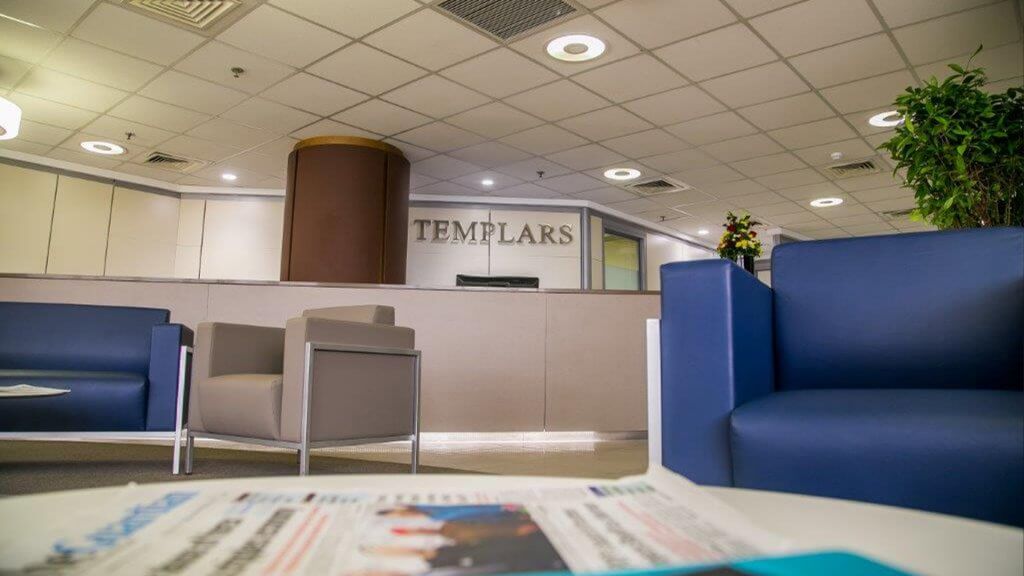The Islamic Corporation for the Development of the Private Sector (ICD) is a multilateral development financial institution and a subsidiary of the Islamic Development Bank (IDB) Group. Established in 1999, ICD currently has an authorised capital of $4 billion and a membership of 53 countries. We invited them to write about the firm’s mandate as well as their hopes and plans for the future.
ICD supports the economic development of its member countries through the provision of finance for private sector projects as well as advisory services to governments and businesses. Currently, the shareholders of ICD are the IDB, 53 Islamic countries and 5 public financial institutions. ICD is rated ‘AA/ FQ ’ by Fitch, ‘Aa3/P-1’ by Moody’s, and ‘A+ by Standard & Poor’s. Our clients can be any entity working in the private sector, but we can also provide advisory services to governments and public entities.
ICD’s mandate, to serve the private sector of member countries, is carried out through the provision of a variety of products offered to our clients:
• ICD finances private sector entities and greenfield or expansion projects directly through equity participation, the purchase of assignable bonds and term financing. ICD also extends short-term finance to cover working capital and/or raw materials requirements of private sector entities through Murabaha or Purchase and Lease-Back. • ICD can also play a role in mobilising resources for financing a project through co-financing or syndication. • ICD strives to nurture and empower identified channel partners, by setting up or aiding existing development banks in driving development and growth in the Islamic world. This vertically leverages two key instruments in order to extend financial aid: institutional equities and lines of finance.
ICD provide also advisory services to governments, public entities and private entities of member countries with an aim to create the ideal environment to facilitate private sector investment and to assist companies in unlocking their potential.
Advisory services include project finance advisory, raising funds through the issuance of sukuk, and encouraging the development of the business environment for SMEs. • In the last couple of years, ICD has comforted its presence in the member countries with its advisory services, which complements its products through advising clients in issuing Sukuk and establishing Islamic financial windows and Institutions.
The role of the ICD team ICD’s business focus is the development of innovative, high-quality products and services; employee performance plays an integral role in achieving our business goals, and we realise that all steps of ICD’s products from conception to marketing are essential components. Employee performance in these areas is critical to our business success.
Due to that, ICD invests in each and every employee, who, in turn, contribute to its success. We work in an inclusive environment that embraces change, new ideas, respect for the individual and equal opportunity to succeed.
Plans for 2017 and beyond ICD will focus more on the development of what we call ‘Islamic Finance Channels’, designed to reach out and spread Islamic financial products far more widely, with the objective of having a greater developmental impact in its member countries. This will be achieved substantially through setting up Islamic Banks, Investment and Ijarah Companies, Takaful and Re Takaful companies in our member countries. ICD is pioneering many aspects of Islamic finance and sees its role as being a powerful driver for economic change. • Capture the growing demand for Islamic products;
• Create opportunity for growth and diversification; • Create opportunity to attract incremental capital to support future expected growth; • Create opportunity to attract strategic expertise from established Islamic financial institutions; • Create opportunity to attract Islamic investors looking to diversify geographically their portfolios; • Provide opportunity to generate capital gains/ value enhancements for the parent financial institution shareholders and; • Plan to extend finance to Infrastructure and PPP projects.
Industry based challenges on the horizon Industry challenges vary by country and by intensity, but in general, most jurisdictions are facing problems due to a number of fairly similar factors. For example, just to name a few, the lack of skilled human capital and well-developed capital markets, the absence of financial integration both regionally and internationally, the poor capitalisation of Islamic financial institutions, the shortage of liquidity and cash management tools and the poor public awareness of Islamic finance products are all factors impeding Islamic finance growth. Seeing that ICD is a multilateral developmental financial institution, some of these challenges are inadvertently ours as well.
The lack of financial intermediation facilities is what distinguishes poor countries from its richer counterparts in our opinion. To this end, ICD is enhancing economic development by providing a variety of Islamic financial services and products throughout its member countries. We have several academies in the pipeline designed to enhance knowledge of this fast-growing industry.
The complex regional and international regulatory, economic and political context, and the growing need for scalable interventions to achieve meaningful developmental impact, requires broadbased co-operative efforts to ensure success and sustainability. ICD has been active in reaching out to governments and institutions, and devising new ways for cooperation and collaboration.
Concluding thoughts ICD is working intensively to increase the availability and affordability of Islamic finance products for a wide range of financial institutions in its member countries. Extending Line of Finance (LOF) to financial institutions, providing advisory services and investing in various types of financial institutional equity for the ultimate benefit of local real sector businesses, have proven to be critical tools for ICD in boosting the private sector and combating poverty in its member countries.





















